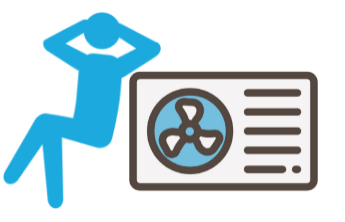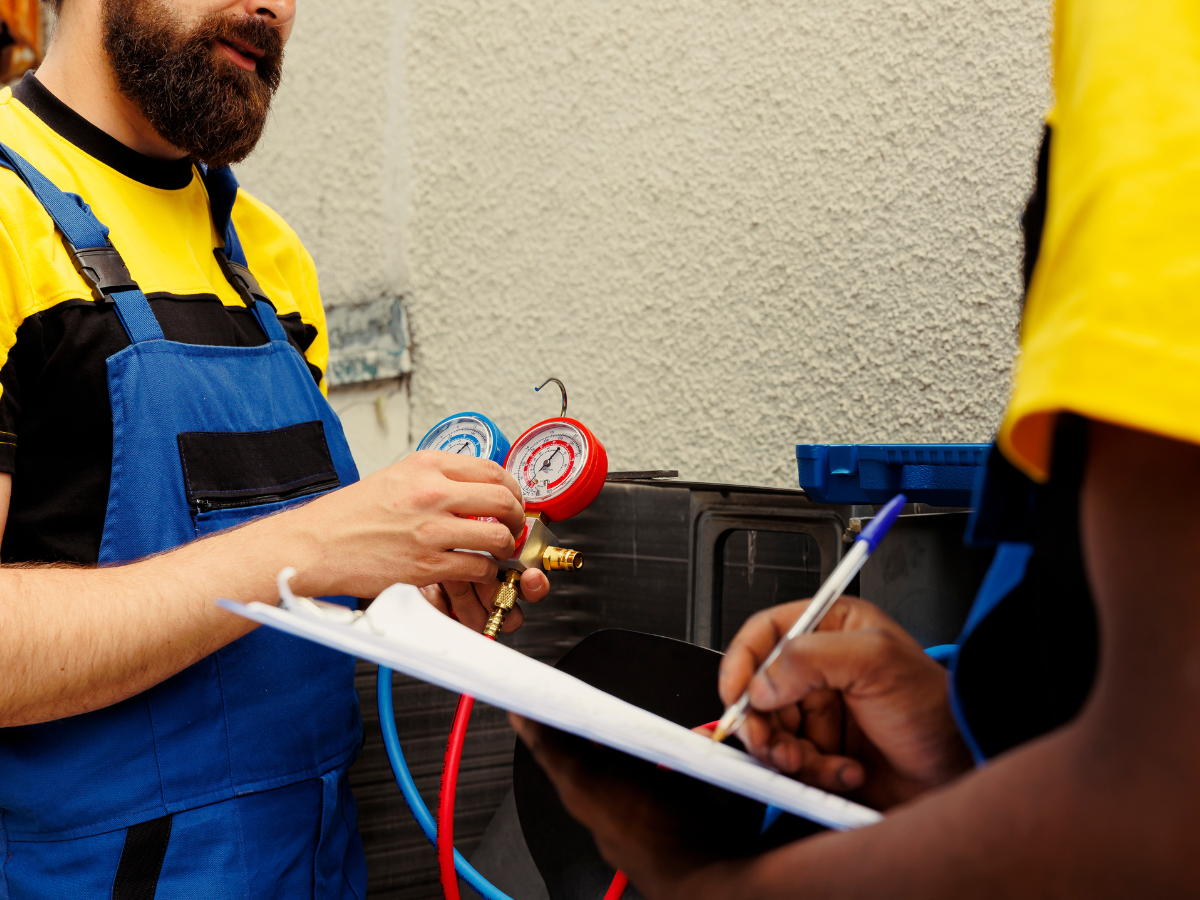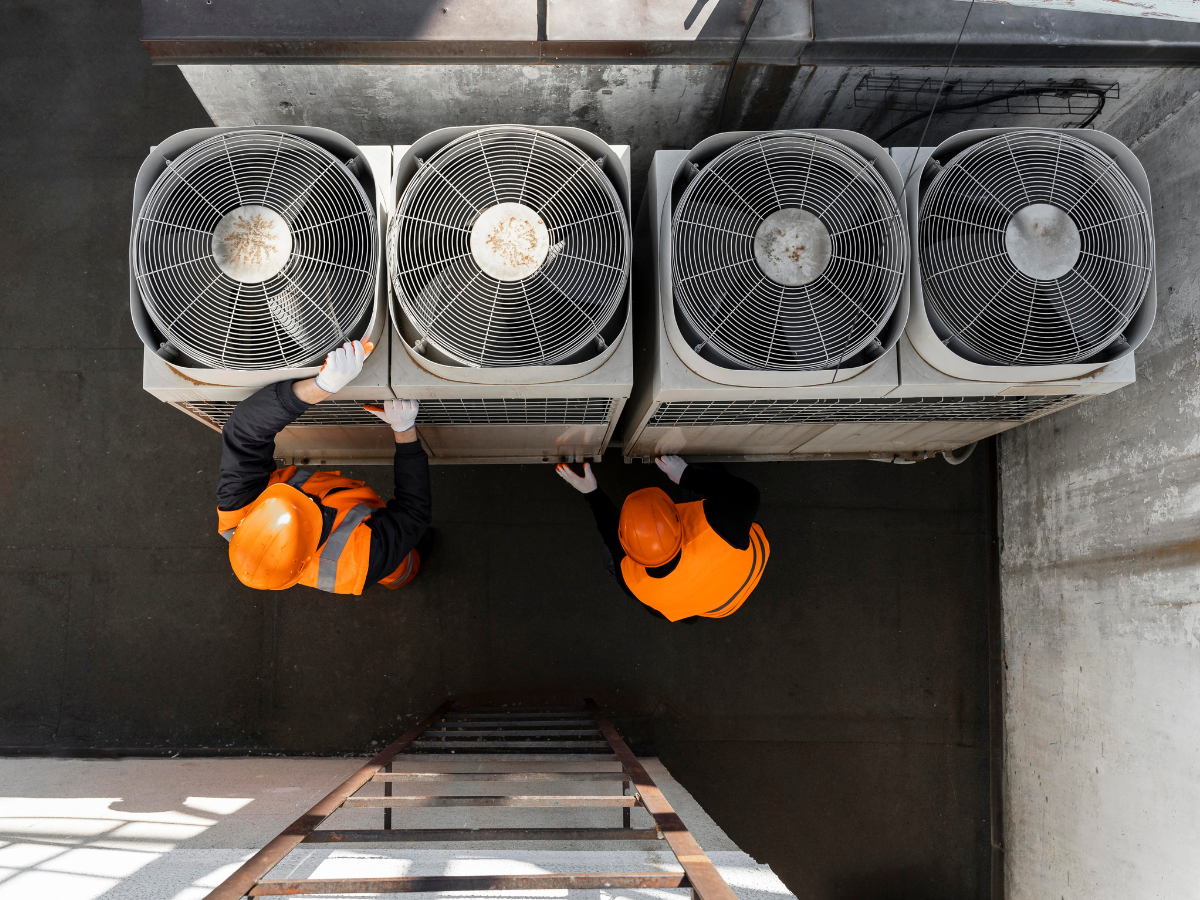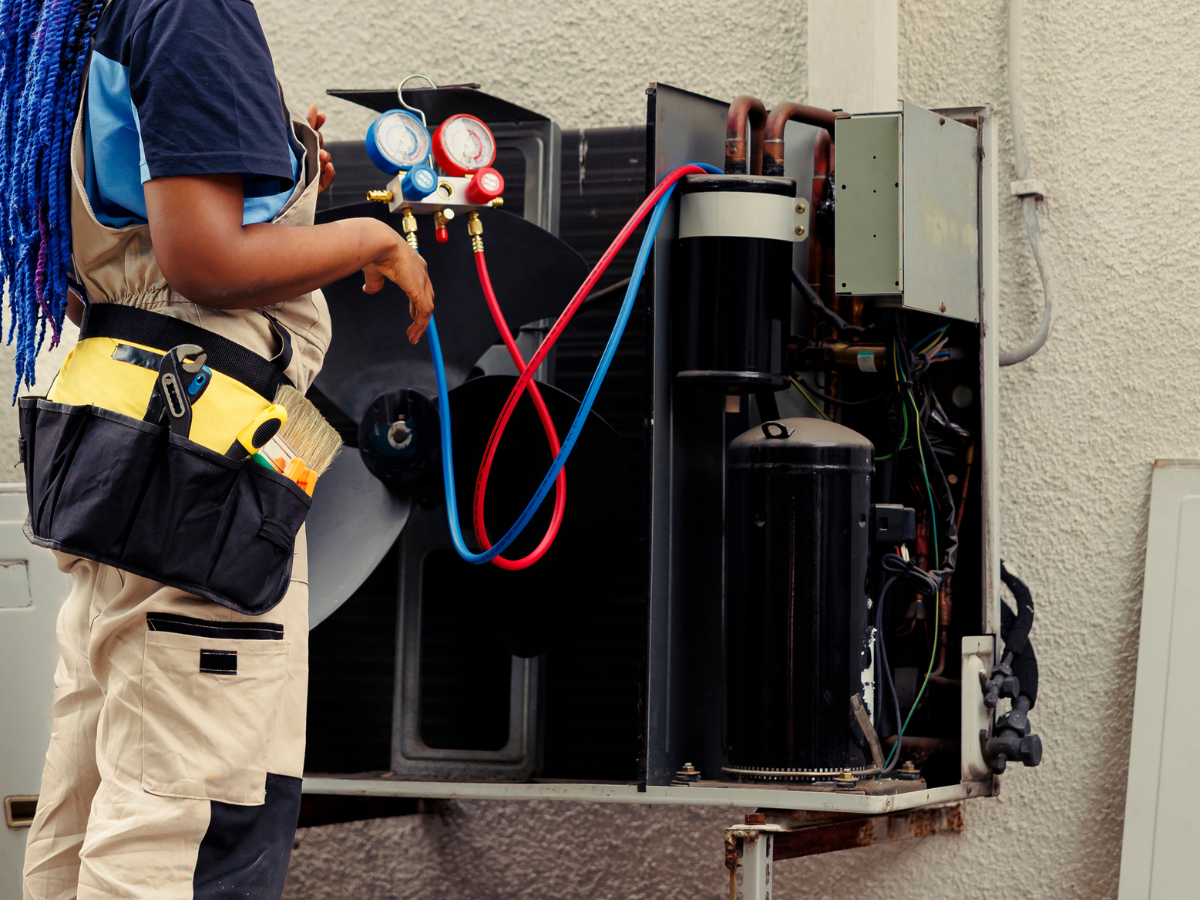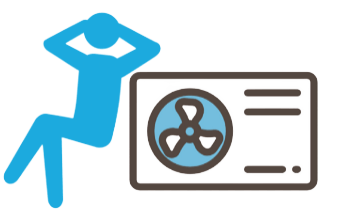Keep Your Home at Its Best with Expert HVAC System Repair
Your HVAC system faltering can quickly disrupt comfort. Whether your home feels too cold, too warm, or just off, waiting days for help or dealing with guesswork isn’t an option. At Comfort Zone HVAC, we make HVAC system repair straightforward, dependable, and stress-free for homeowners and businesses across Whatcom County.
We know what it’s like when your furnace won’t kick in during a chilly evening or your AC sputters out in the middle of summer. Our local team is here to help get things back to normal fast with honest service, experienced technicians, and a commitment to quality work that lasts.
If you're dealing with heating or cooling issues, or just want peace of mind, we’re ready when you are.
Why Timely HVAC System Repair Matters
Small issues often turn into bigger, more expensive problems when left alone. We’ve seen it too many times, what starts as a faint noise or weak airflow suddenly becomes a full system breakdown.
Calling us at the first sign of trouble helps protect your comfort, your system, and your wallet.
Here’s what timely repair can do:
- Keep your home comfortable year-round
- Prevent costly breakdowns and part replacements
- Improve energy efficiency and lower utility bills
- Extend the life of your heating and cooling system
We treat every call with urgency because we know you’re not just dealing with a machine, you’re trying to keep your family, employees, or customers comfortable and safe.
The Local Difference
We’re a local, family-run business, and that matters. We’re not just working on HVAC systems, we’re serving our neighbors. When you call, you’re getting more than a repair; you’re getting a team that shows up with respect, skill, and a genuine desire to help.
Here’s what you can count on:
- Licensed, experienced technicians
- Upfront pricing—no guesswork
- Same-day service when available
- Friendly, down-to-earth communication
- Full repair warranty and satisfaction guarantee
We’re proud to serve Whatcom County and the surrounding areas. Whether it’s a residential job or a commercial system that needs attention, we bring the same care and professionalism to every repair.
When to Schedule a Service Call
Not sure if it’s time to call? Here are some of the most common warning signs we see every day:
1. Unusual Noises
Grinding, clanging, or high-pitched squeals are your system’s way of saying something’s wrong. These sounds often mean worn belts, loose parts, or failing motors.
2. Inconsistent Room Temperatures
If some rooms are too warm while others stay cold, there could be an issue with ductwork, sensors, or your thermostat.
3. Weak or No Airflow
Little to no air coming from vents could point to a blower issue, clogged filter, or blocked duct.
4. Short Cycling
If your system turns on and off frequently without properly heating or cooling, it’s working inefficiently and may overheat or fail altogether.
5. Foul Odors
A burning smell might mean electrical trouble. Musty odors could suggest mold in the ducts. Either way, we can help identify the source and fix it safely.
6. Spike in Energy Bills
Sudden increases in energy costs often mean your HVAC system is working too hard, and not working properly.
These signs may seem small, but they can escalate quickly. If you’ve noticed any of them, give us a call, we’ll take care of it.
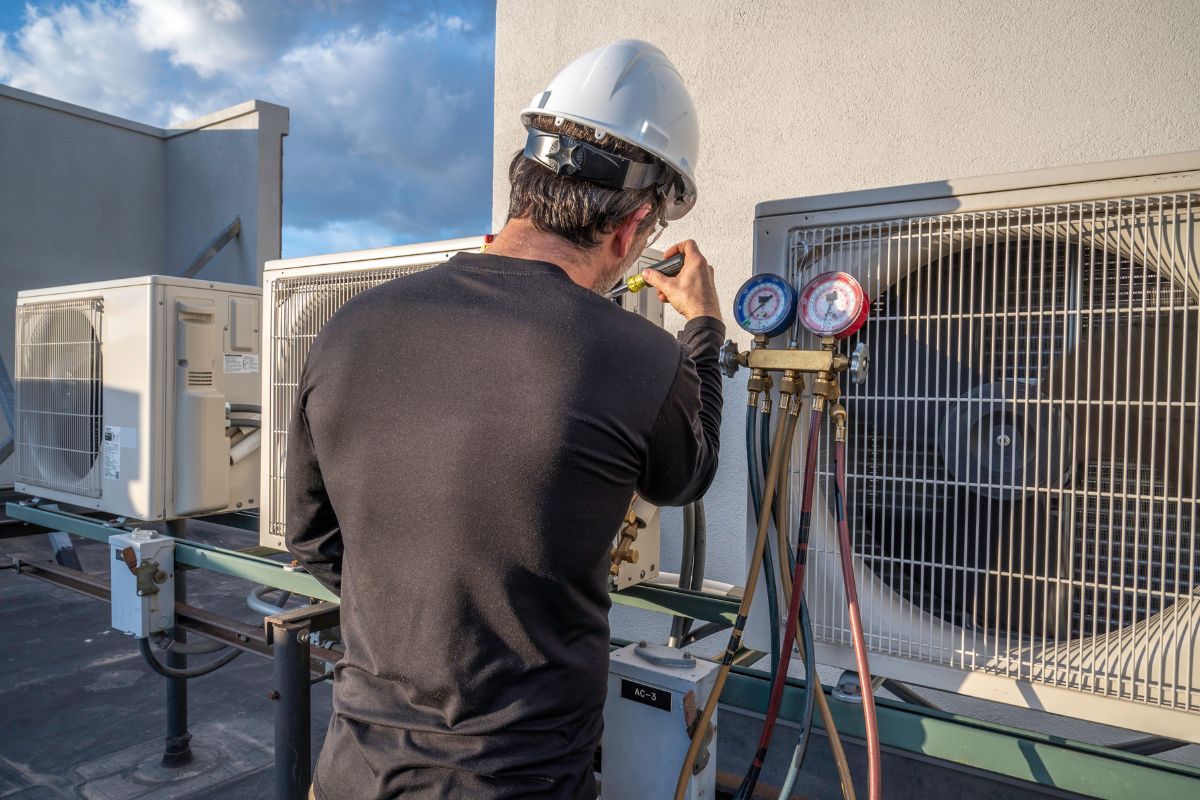
Our HVAC Repair Process
We believe in clear communication and getting the job done right the first time. When you choose us, here’s how it works:
Step 1: We Listen
Every repair starts with a conversation. You tell us what’s happening, we ask the right questions and take your concerns seriously.
Step 2: We Diagnose
Our technicians conduct a full inspection of your system using proven methods and diagnostic tools. We get to the root of the issue, not just the symptom.
Step 3: We Explain
Before we do any work, we explain what we found, what needs fixing, and how much it will cost. We won’t surprise you with hidden fees or unnecessary work.
Step 4: We Repair
Once approved, we get to work. We use trusted parts and thorough techniques to fix the problem completely, usually on the first visit.
Step 5: We Follow Up
After the repair, we’ll show you exactly what we did and make sure you’re satisfied. If anything seems off, we’re just a call away.
This process isn’t just efficient, it’s built on transparency and trust. That’s how we’ve built long-term relationships with homeowners and businesses all over Whatcom County.
Residential and Commercial Repair Services
We know that different properties have different needs. That’s why we offer specialized repair services for both homes and businesses.
For Homeowners
Your home should be your safe space. We keep it that way by fixing heating and cooling issues with care, precision, and respect for your time and space. We wear protective gear, clean up after ourselves, and treat your home like it’s our own.
For Businesses
From retail shops to offices, we keep commercial spaces comfortable and systems running efficiently. We understand that time is money, so we work quickly and quietly to minimize any disruption to your team or customers.
We Service All Major HVAC Systems
Our repair team is experienced with a wide variety of HVAC systems, including:
- Central air conditioning units
- Gas and
electric furnaces
- Heat pumps
- Mini-split systems
- Thermostats and control panels
- Ducted and ductless systems
No matter your setup, chances are we’ve worked on it before, and we’ll know how to get it running smoothly again.
Don’t Wait for a Complete Breakdown
Many people wait until their system stops working entirely before calling for help. We get it, life is busy. But small issues tend to get worse fast, especially during extreme weather.
Let us handle the issue while it’s still manageable. Our trained eye can often fix what seems like a big problem with a simple, cost-effective repair. Waiting too long can lead to damaged compressors, cracked heat exchangers, or even full system replacement.
The Value of Preventive Maintenance
We’re strong believers in regular maintenance. Maintenance plans help keep your system running reliably, year after year. Routine tune-ups catch small issues early, improve energy efficiency, and reduce the chance of unexpected repairs.
Many clients who come to us for repairs choose to stay on with maintenance plans, and we enjoy supporting their comfort throughout every season.
Call Us Today
If your HVAC system isn’t working like it should, don’t wait. Let our team bring comfort and confidence back to your home or business.
When you search for hvac near me, we’re proud to be the trusted choice for families and businesses throughout Whatcom County. Whether it’s a quick fix or a more involved repair, we’re ready to help.
Serving: Bellingham, Ferndale, Lynden, Blaine, and surrounding areas
Call us now at (360) 384-0985
comfortzonehvacwhatcom.com
We’re Comfort Zone HVAC, and when your comfort is on the line, we’ve got your back.
